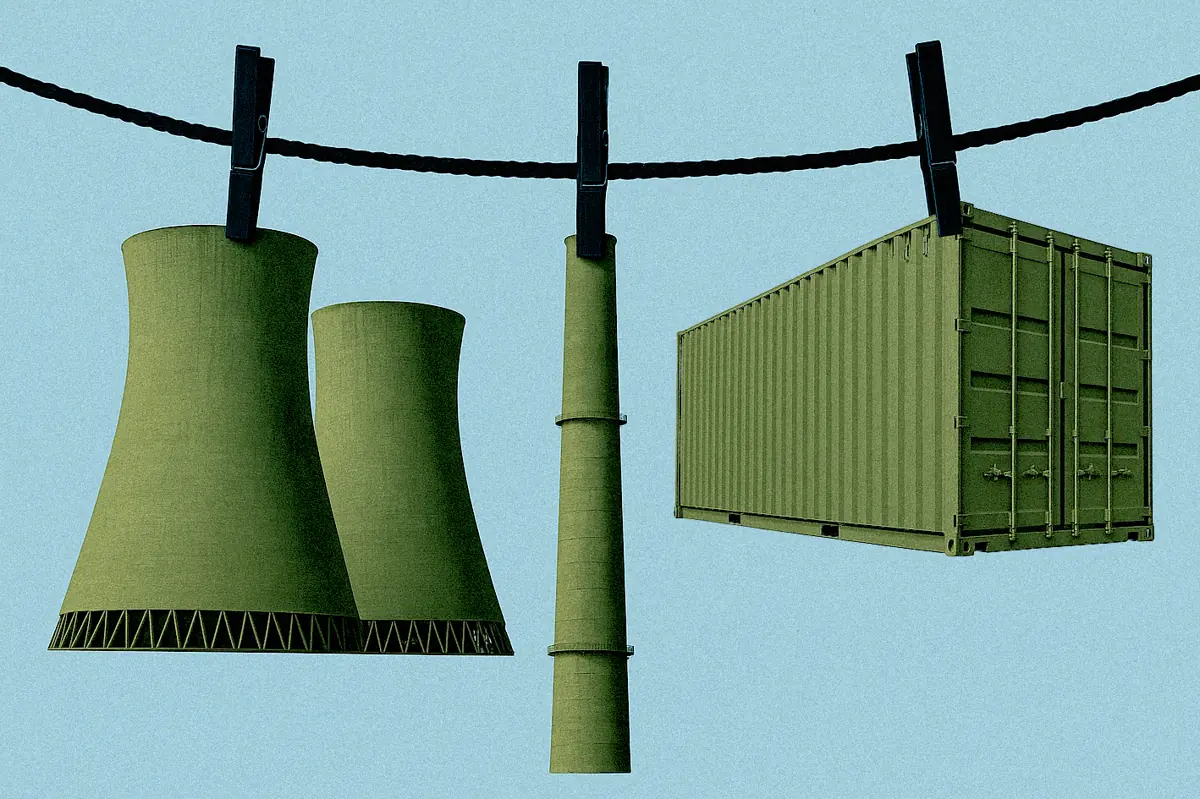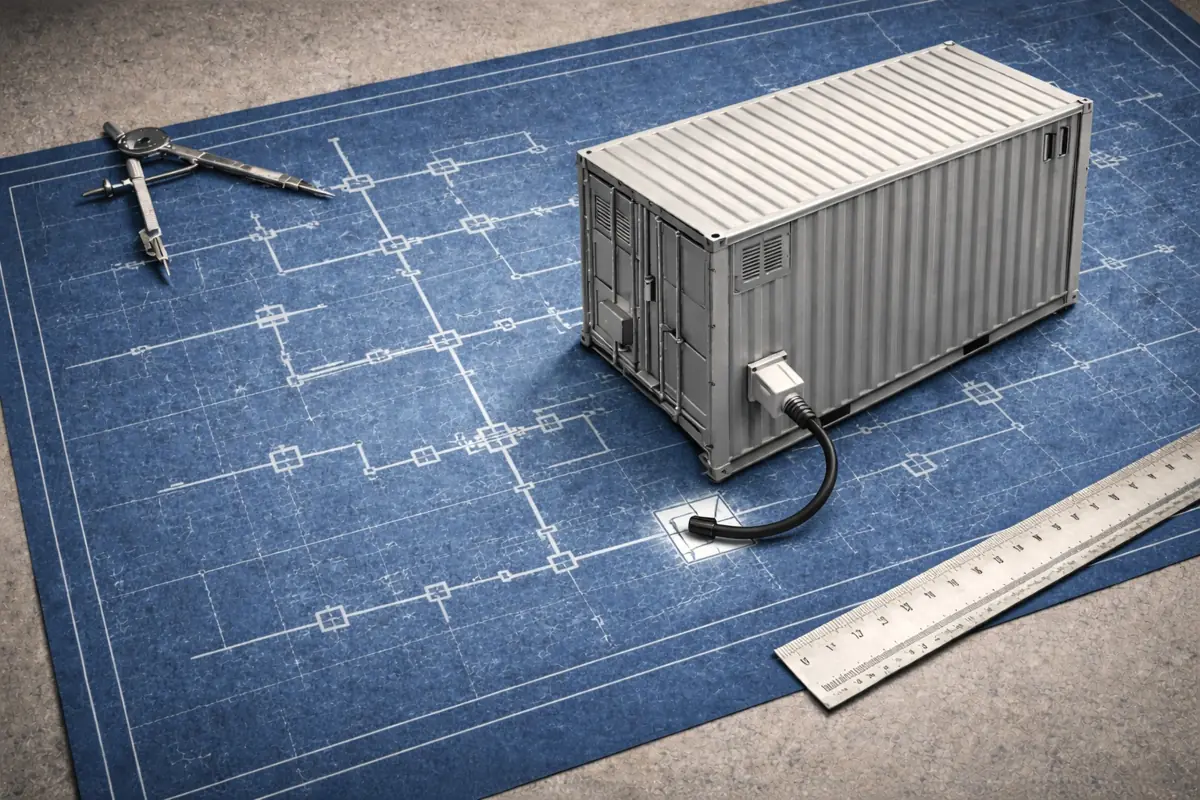BESS augmentation: what’s the investment case?
Executive Summary
- The average duration of new-build battery energy storage systems (BESS) in Great Britain has increased by almost 60% since 2018, yet 75% of batteries still have a duration under two hours.
- Adding an extra hour of duration to an existing battery site is now 48% cheaper than building a new one-hour battery.
- The revenue premium for two-hour batteries means the second hour of energy capacity will generate almost as much income as the first by 2028.
Subscribers to Modo Energy’s Research will also find out:
- Why augmentation projects are seeing higher returns than new-build projects and how this trend is expected to evolve.
- The impact of site downtime during augmentation, including how long batteries are typically offline and how it affects annual revenues.
- How augmenting battery systems can slow degradation, improve performance, and ensure compliance with Capacity Market contracts.
To get full access to Modo Energy’s Research, book a call with a member of the team today.
Introduction
The average duration of new-build BESS sites has increased by almost 60% in Great Britain since 2018, as cell costs fall and batteries move to energy trading markets. 75% of batteries still have a duration under two hours, so when does augmentation of these projects to add additional energy capacity make sense?
In this article, we use the following when referring to BESS augmentation:
Already a subscriber?
Log in







